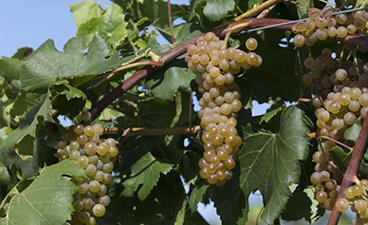
Resilient Communities and Economies
External forces such as globalization and demographic shifts can't be controlled, but local responses can. Resilient communities grow local leadership, plan for a sustainable future, and support local businesses.
Research and Extension are committed to:
- Informing community and economic development decisions
- Examining issues affecting communities and economies in Minnesota and the world
- Strengthening the confidence and competence of leaders
- Helping local decision-makers strengthen civic engagement
- Educating businesses, especially in the volatile agriculture and tourism sectors
Research Highlights

A University of Minnesota-led team of researchers received the first round of funding from a $10 million grant awarded by the U.S. Department of Agriculture (USDA) to follow up on their work with VitisGen2, a multi-disciplinary, collaborative project focused on cultivating disease-resistant grapes that can be grown sustainably with reduced pesticide and fossil fuel use.
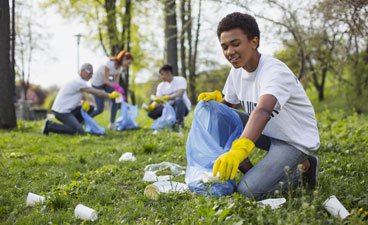
Growing North Minneapolis is a community-driven program which aims to build food, environmental, social and cognitive justice through sustainable urban growing and greening. Learning and career development are experiential and contextualized in real-world experiences related to the FEW nexus. Urban youth, predominantly of color and low socioeconomic status, are hired through a local workforce development program, and work together with UMN undergraduates and North Minneapolis community mentors to form intergenerational communities of practice.
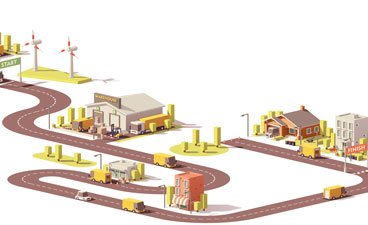
The COVID-19 pandemic disrupted food supply chains across the U.S. It is essential for our food system to provide adequate nourishment to the people and support the livelihood of people who supply food. In response, a multidisciplinary team of researchers and Extension specialists from five universities have partnered to generate science-based knowledge and resources to enhance preparedness of the U.S. food supply chains for future disruptions.
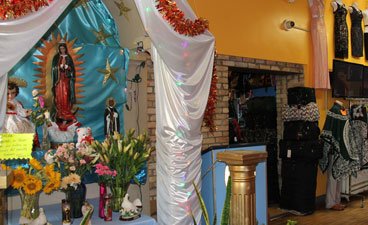
A collaborative research project has led to the creation of the Culturally Enriched Communities website, which fuses interdisciplinary research findings with design-related best practices that can be used to eliminate health, income, and educational racial disparities and strengthen the economic and cultural vitality of neighborhoods, cities, regions, and states.
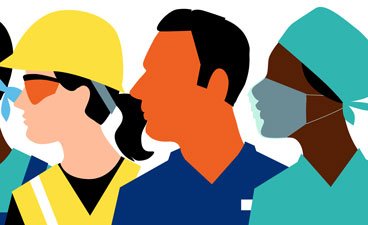
In 2012, UMN providers and researchers from the School of Public Health, Academic Health Center (Office of Emergency Preparedness), and Department of Family Social Science partnered with colleagues at the Minnesota Department of Health to develop an innovative self-care app for emergency responders in the field. In early 2020, they again refined the app as a simplified in-the-field tool for first responders engaged in responding to the COVID-19 epidemic.
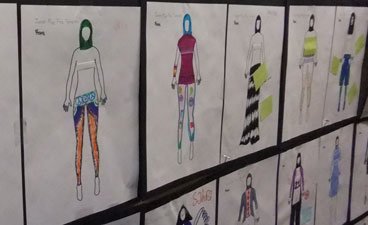
A two-year research/design project funded by the MAES State Reserve Funds came to fruition in 2015 with 25 East-African middle school girls from the Cedar-Riverside community walking the runway and modeling active wear they co-designed UMN researchers.

Growing North Minneapolis is a community-driven program which aims to build food, environmental, social and cognitive justice through sustainable urban growing and greening. Learning and career development are experiential and contextualized in real-world experiences related to the FEW nexus. Urban youth, predominantly of color and low socioeconomic status, are hired through a local workforce development program, and work together with UMN undergraduates and North Minneapolis community mentors to form intergenerational communities of practice.